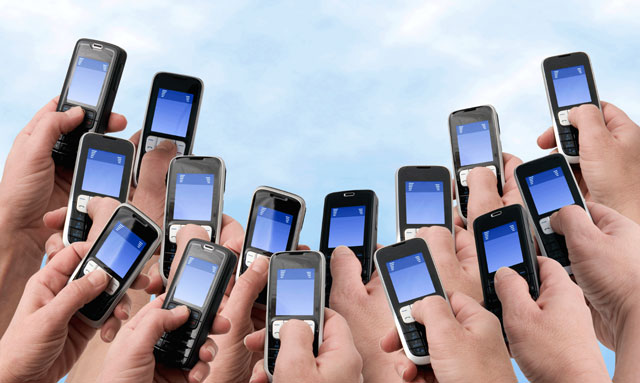
The City of Cape Town is warning motorists not to drive while using cellphones as it ramps up its confiscation programme.
On Tuesday, the city announced that it was nearing the 10 000 mark in terms of confiscated cellphones from drivers since 2012.
“By the end of June 2015, a total of 9 465 cellphones had been impounded, which is an average of 3 155/year. To date, 4 182 motorists have reclaimed their phones,” the city said in a statement.
Cellphones are confiscated in terms of the National Road Traffic Act and city by-law that prohibits people from using their cellphones while driving.
“The numbers are staggering and an indication that many motorists still refuse to acknowledge the dangers of using cellular phones while driving. It is astonishing to consider that people will very easily persecute drunk drivers for reckless behaviour, but cannot see the recklessness in fiddling with a cellphone while navigating through traffic,” said mayoral committee member for safety and security JP Smith.
Indications are that not all cellphone owners care to retrieve their devices at the R1 140 impound fee set when the programme launched.
The city said that it has 2 600 devices at the Ndabeni pound, and “several thousand” more at other traffic services offices.
However, as wearable technology such as smartwatches become more popular, it is unclear how the traffic officials will respond.
“It’s not clear how the law would treat wearable mobile technology like Google Glass or smartwatches. Road Traffic Ordinance Regulation 308A prohibits a driver from holding a mobile phone or communication device in one or both hands or with any other part of their body while driving,” said Russel Luck, a specialist technology attorney.
He added that “S1 (b) provides an exception where a driver uses ‘headgear’ that enables them to operate their vehicle so they are not in contravention of the above prohibitions”.
It is relatively easy for a traffic officer to determine whether a driver is using a smartphone, but wearable technology adds a significant layer of observational complexity.
“Smartwatches are more troubling from a legal perspective. They pair with the user’s mobile phone and provide communication features like e-mail and text messaging. In order to use these features, drivers would have to take their eyes off the road and use at least one hand to operate their smart watch,” said Luck.
Smith said that although the city had the right to sell any phones after three months, it had to decide how to proceed in uncharted legal territory.
“We will make a final call on the most appropriate course of action once we have ensured that the phones have been restored to their original factory settings and that we are not compromising anyone’s personal information.” — Fin24




